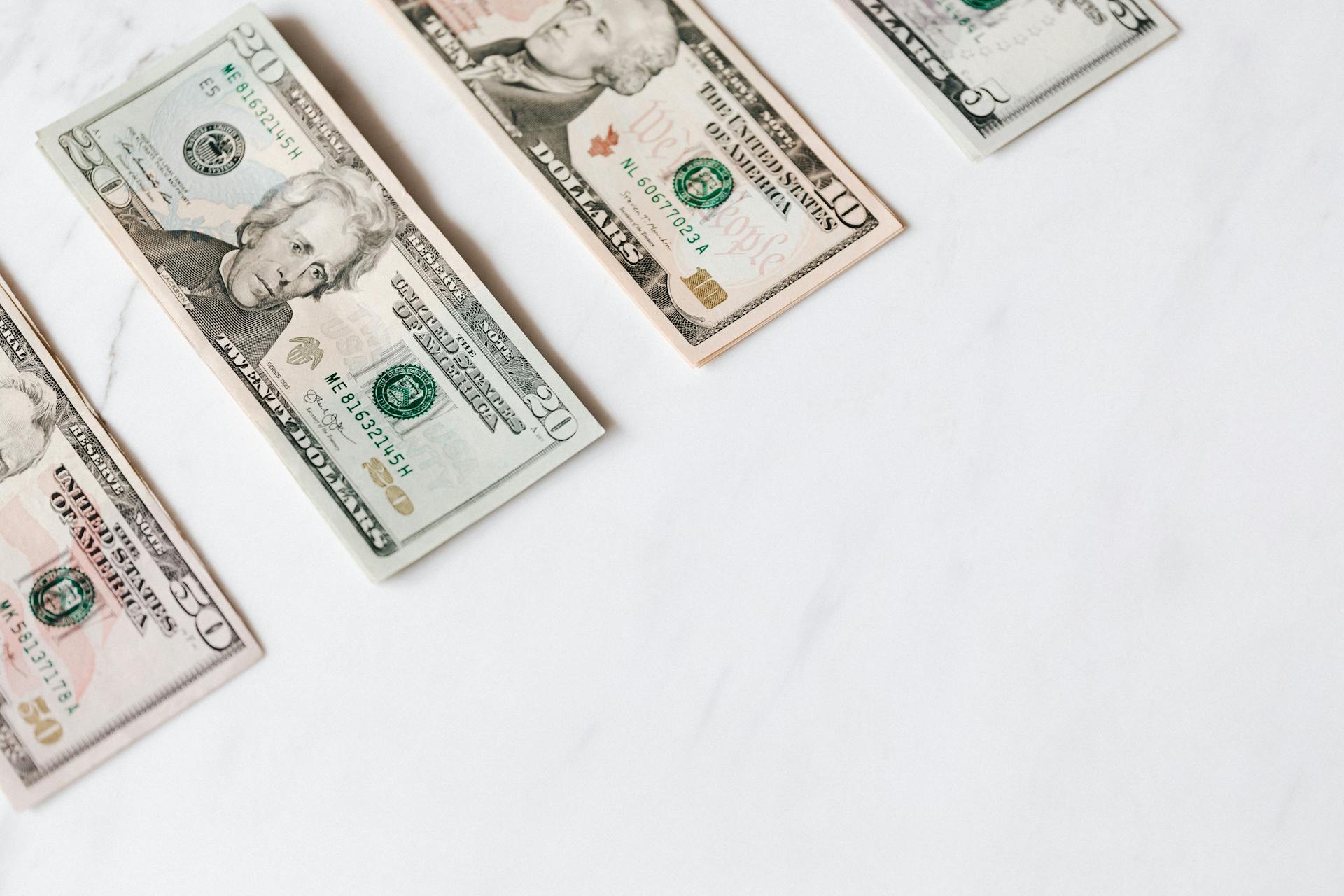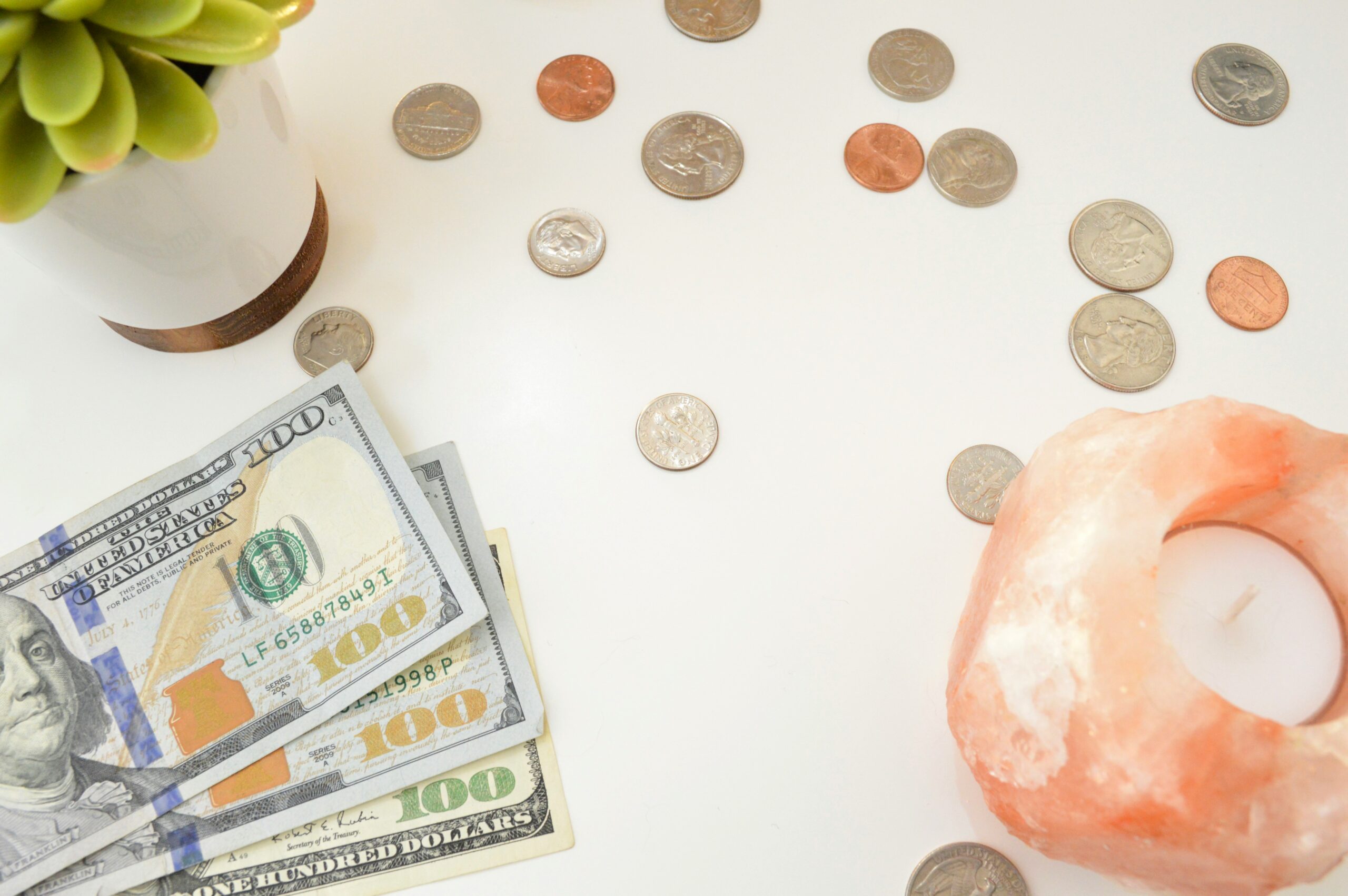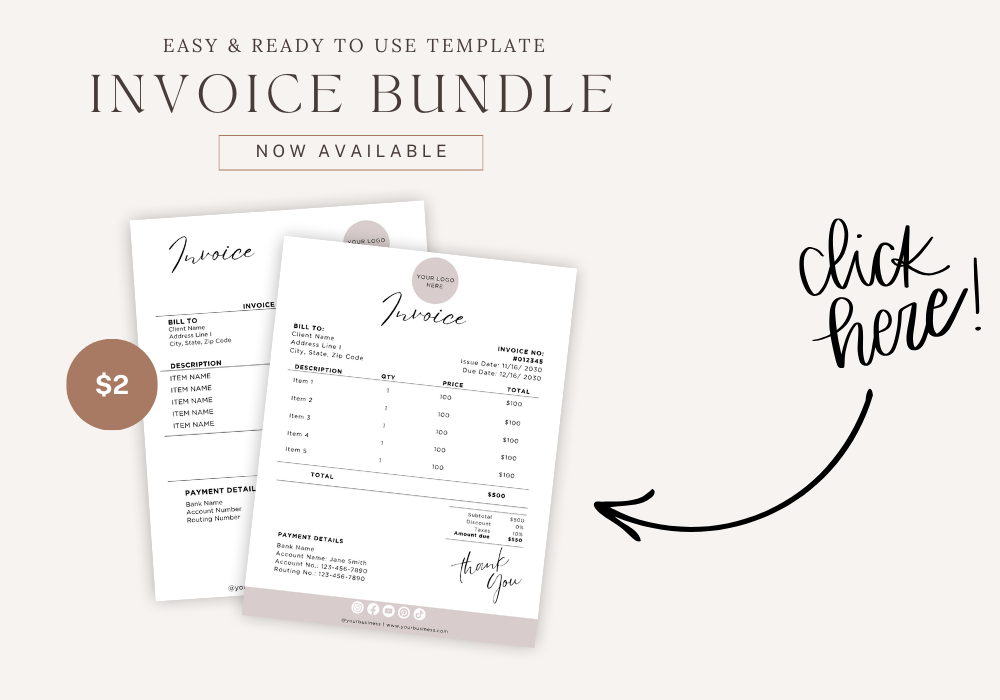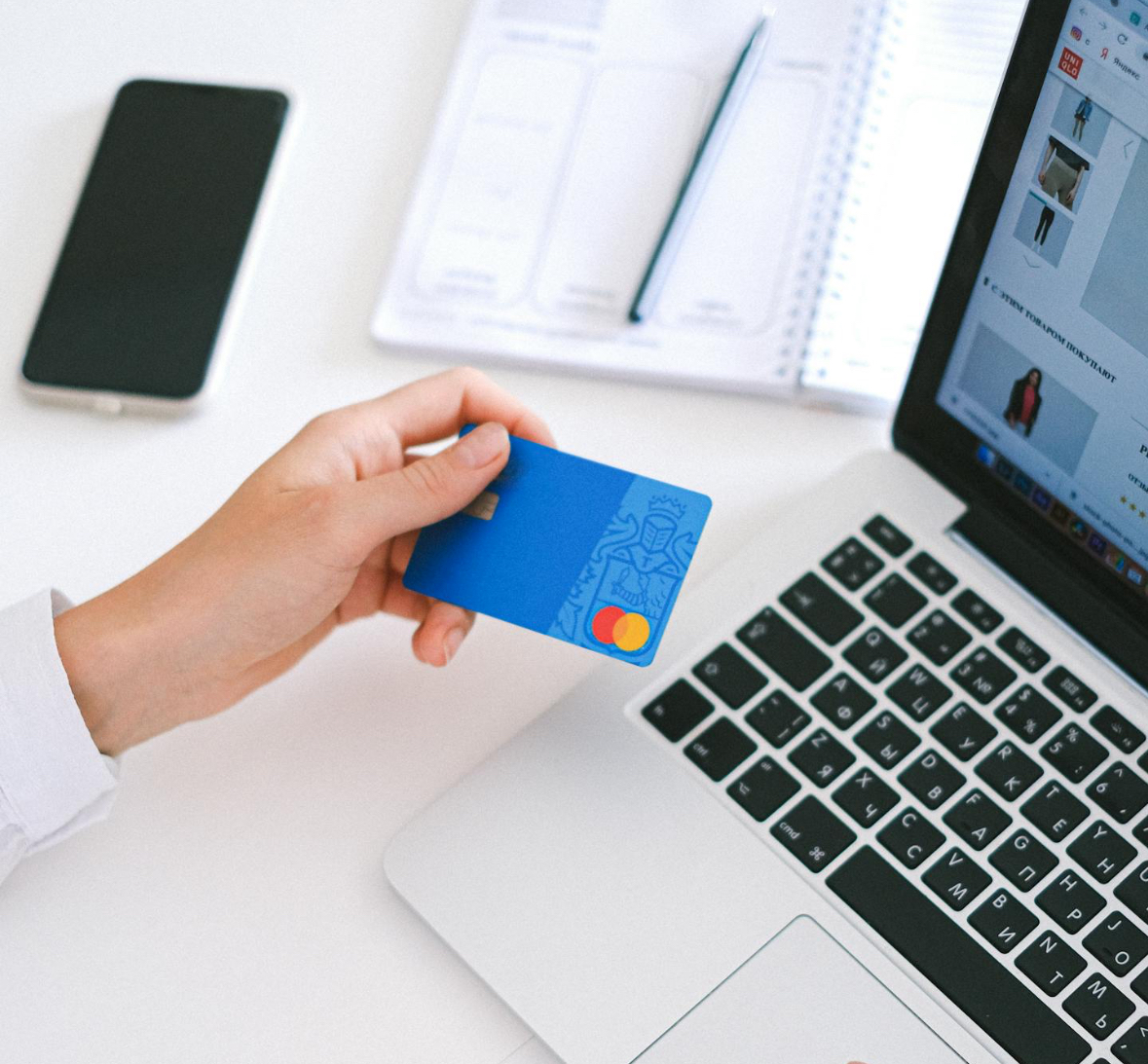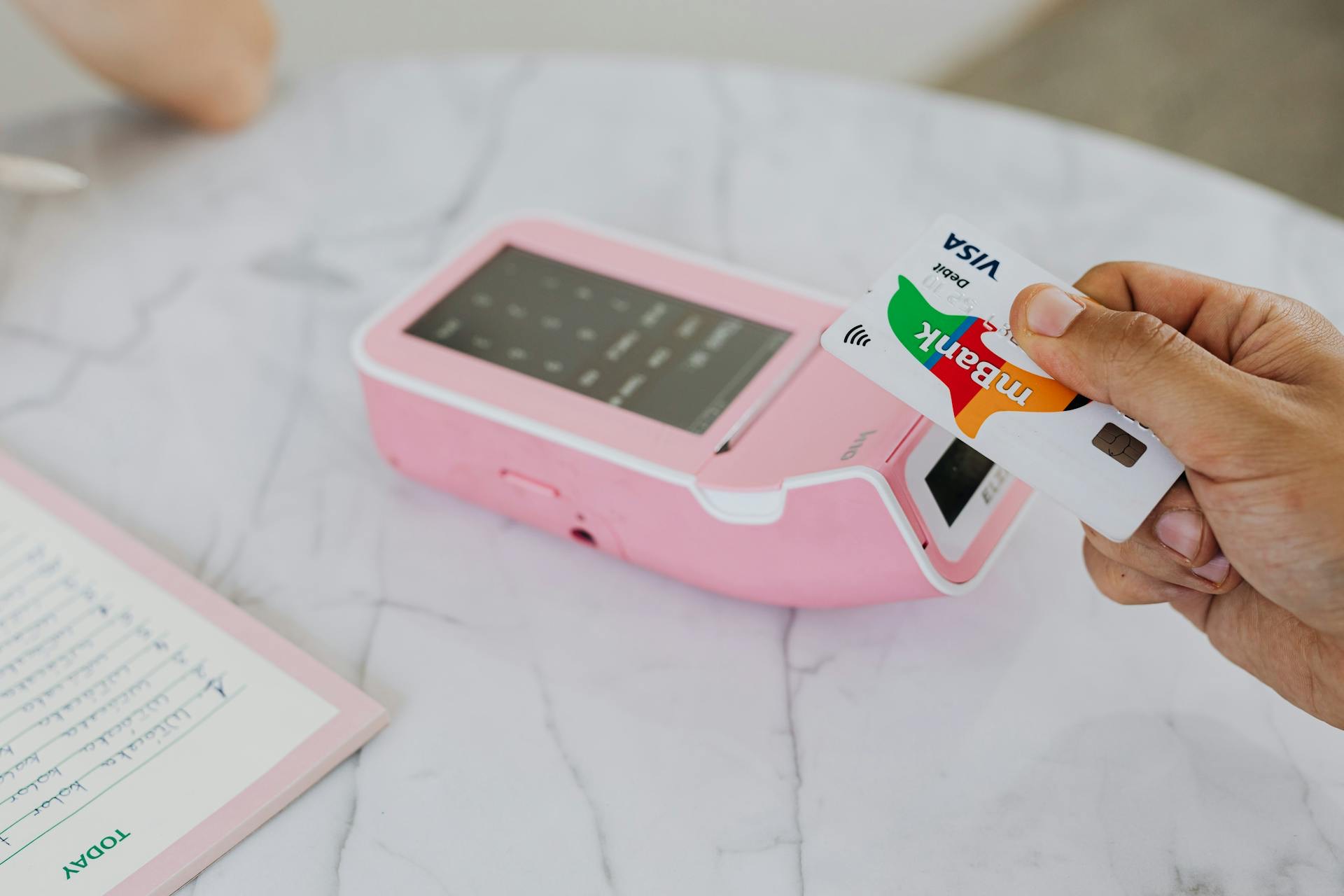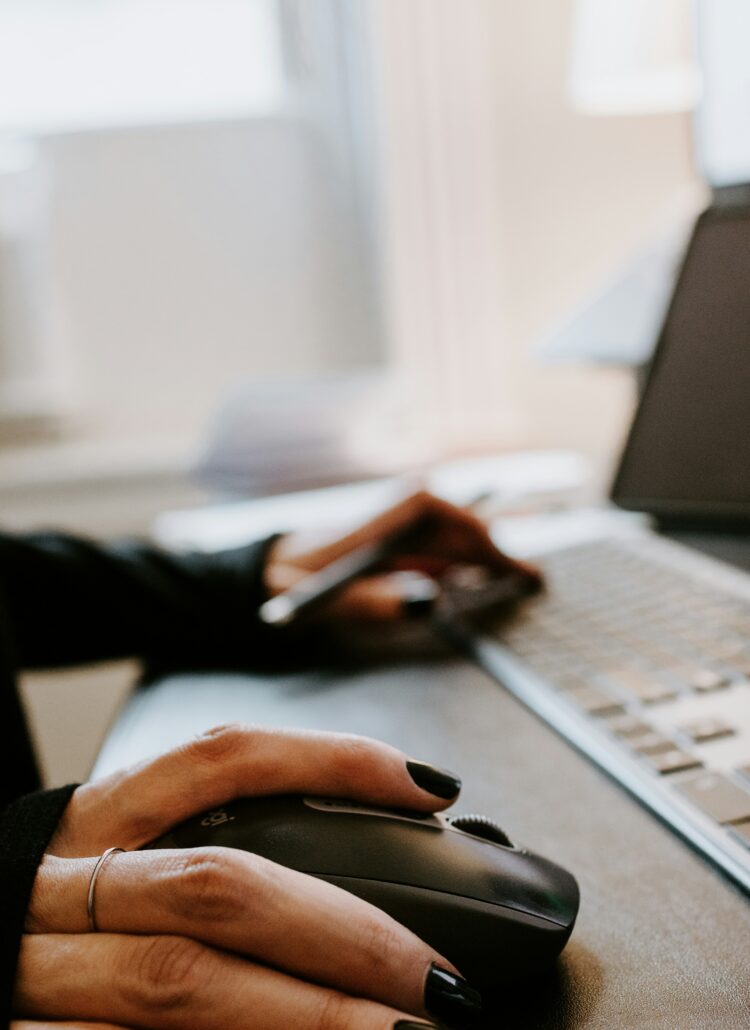You can implement these helpful habits in your life to achieve financial security.
This post lists helpful money habits of women who are never broke!
This post may contain affiliate links you can read the full disclaimer here for more information.

It’s important to manage your finances with intention. Healthy money habits will sustain you in the present and lay the foundation for a prosperous future.
When you develop financial stability you can spend more time doing what you love! You have more time for passions, friends, and family.
Achieving lasting financial stability is a goal pursued by many but achieved by few.
It can be hard to keep up with bills and unexpected expenses while juggling your day-to-day tasks.
We all aspire to be women who effortlessly weather financial storms, achieve their goals, and build wealth with unwavering confidence.
The tips in this article will inspire and empower you to take control of your financial destiny.
After all, becoming one of the women who are never broke is not a matter of chance – it’s a deliberate pursuit guided by determination.
Helpful Money Habits
1. Emergency Fund
Having an emergency fund gives a sense of financial independence and security.
You want to feel like you have a proper financial cushion when going through periods of change. You should stay prepared financially for any surprise.
You will be comforted by having the resources to handle unexpected expenses.
Emergency funds are essential in protecting you from financial shocks.
It provides the comfort to make important life decisions without being solely driven by financial constraints.
Having good savings allows for more freedom in choices.
I have an emergency fund in my Vanguard account. You can use any investment account to set this up, but Vanguard and Fidelity are the most popular. You want to open a money market fund.
When making an emergency fund I recommend putting it into an investment account rather than your savings account.
Money market funds offer potentially higher returns compared to traditional savings accounts, especially in periods of higher interest rates.
A money market fund is a mutual fund that invests in short-term, low-risk securities with high liquidity.
These funds typically invest in high-quality, short-term instruments such as Treasury bills, commercial paper, certificates of deposit (CDs), and short-term corporate debt securities.
Money market funds aim to provide investors with a relatively stable asset that generates modest returns while preserving capital and maintaining liquidity.
Set up an automatic payment that you feel comfortable with every single month.
Look at your expenses in the last few months and see if you’re spending money on things you don’t need.
Is there anything you can cut out of your expenses that you can allocate to your emergency fund?
Most likely the answer is yes! See if you can cut down on eating out or cancel a subscription you don’t use so you can use that money for an emergency fund.
2. Review & Budget YouR Finances
Reviewing finances regularly will help you stay aware of your financial situation, including income, expenses, savings, investments, and debts.
Specific financial goals, such as saving for retirement, buying a home, starting a business, or funding education require financial awareness.
Regularly reviewing finances allows you to track progress toward these goals, adjust strategies if necessary, and stay motivated.
Budgeting is a fundamental aspect of financial management.
You can assess whether you are sticking to your budget, identify any overspending or areas where you can cut back, and reallocate funds to align with your priorities.
Budgeting efficiently will help you control spending and avoid overspending.
Always set limits on categories of expenses, such as groceries, entertainment, or transportation.
This way you can ensure that you’re living within your means and avoid accumulating debt.
By managing finances effectively, you will reduce financial stress, build wealth over time, and work towards achieving long-term financial goals.
The Mint app is a great way to keep track of your finances. You no longer have to check multiple accounts to see how much money you have!
You can see it all on one app. I love that it helps me stay on top of my accounts, bills, and subscriptions.
3. Minimize credit card usage
Using credit cards excessively can lead to the accumulation of high-interest debt, making it challenging to repay balances in full each month.
This debt can snowball over time, causing financial stress and impacting long-term financial goals.
Credit cards often carry high interest rates, especially for revolving balances.
Paying only the minimum amount due can result in significant interest charges, increasing the overall cost of purchases and potentially trapping individuals in a cycle of debt.
Maintaining high credit card balances relative to credit limits can negatively impact credit scores.
High credit utilization can lower credit scores, making it hard to qualify for favorable loan terms.
Credit cards can encourage impulse spending due to their convenience.
Without the immediate impact on cash flow that comes with using cash or debit cards, people are more prone to making unplanned purchases.
Minimizing credit card usage encourages responsible financial behavior, such as living within one’s means, budgeting effectively, and saving for future goals.
By relying less on credit cards and prioritizing cash flow management, individuals can build a solid financial foundation and reduce the risk of financial hardship.
4.Use credit card rewards
Responsible use of credit cards, such as making timely payments and maintaining low credit card balances relative to credit limits, can help individuals build a positive credit history.
A strong credit history is essential for qualifying for favorable loan terms, such as mortgages or auto loans, and can even impact eligibility for rental housing or employment opportunities.
Many credit cards offer rewards programs, such as cashback, points, or miles, for making purchases.
Some credit cards offer travel-related benefits, such as travel insurance, rental car coverage, airport lounge access, or waived foreign transaction fees.
If you travel frequently these perks can add significant value.
However, relying on credit cards as the sole means of emergency funding should be avoided, as it can lead to high-interest debt and financial instability.
Use credit cards responsibly and pay off balances in full each month.
Achieving financial security is about creating a mindset of making informed choices and prioritizing long-term goals over short-term gratification.
With dedication, perseverance, and a commitment to positive financial habits you will achieve your financial goals quickly.
This post listed helpful money habits of women who are never broke!
